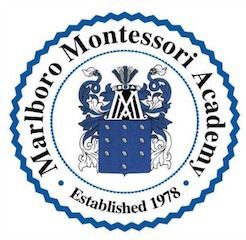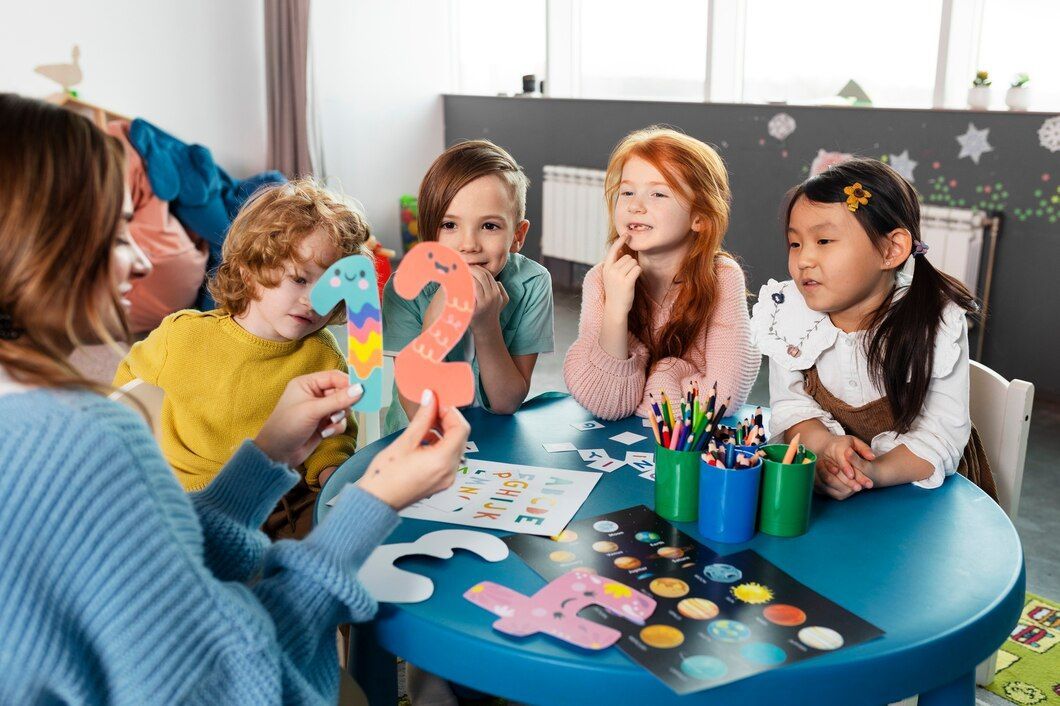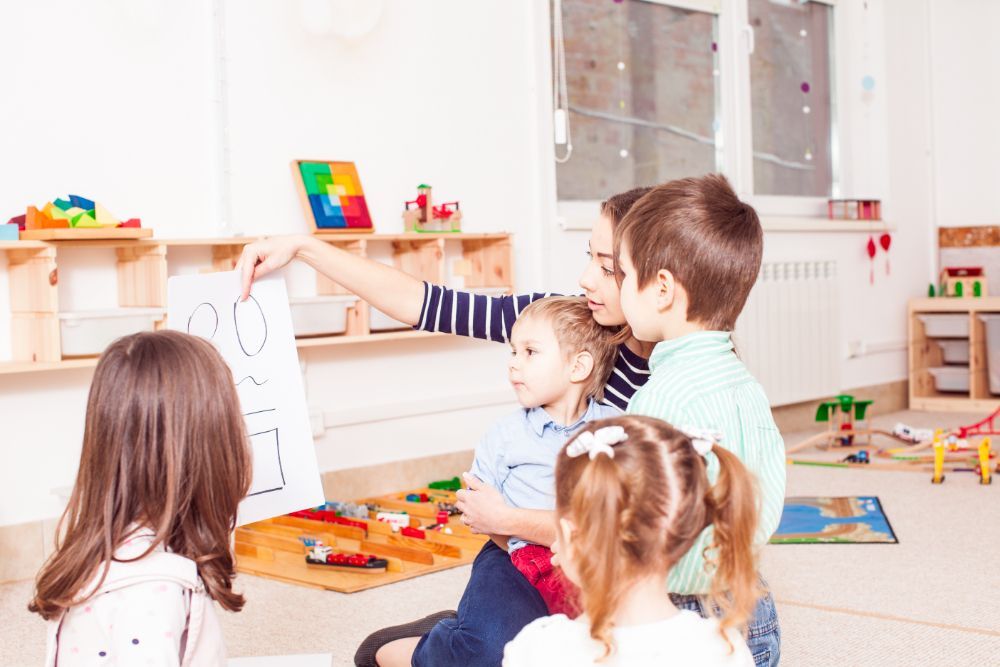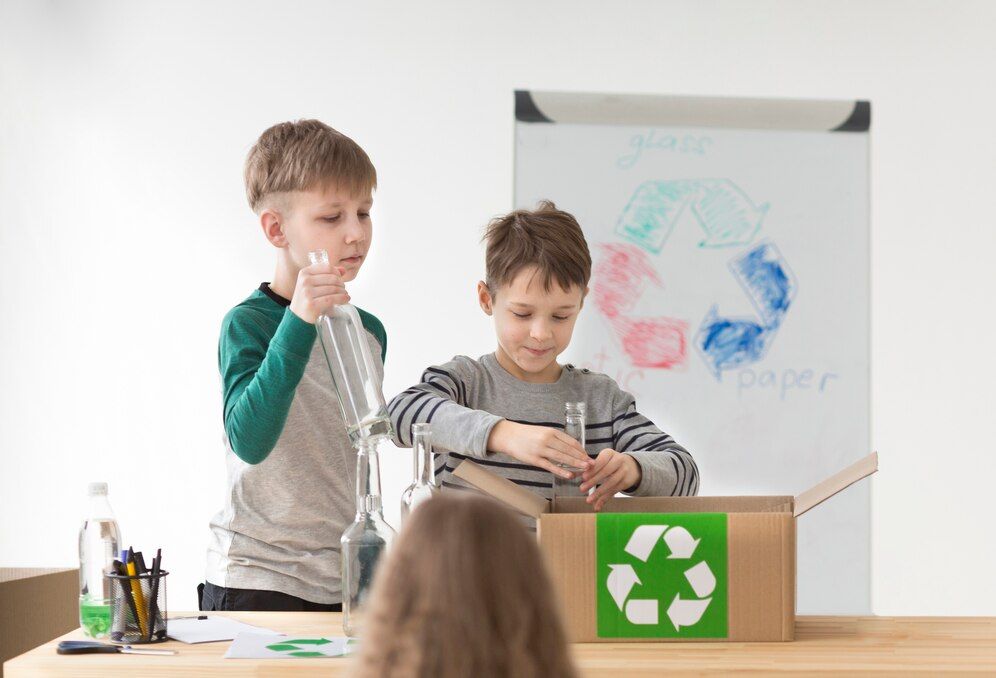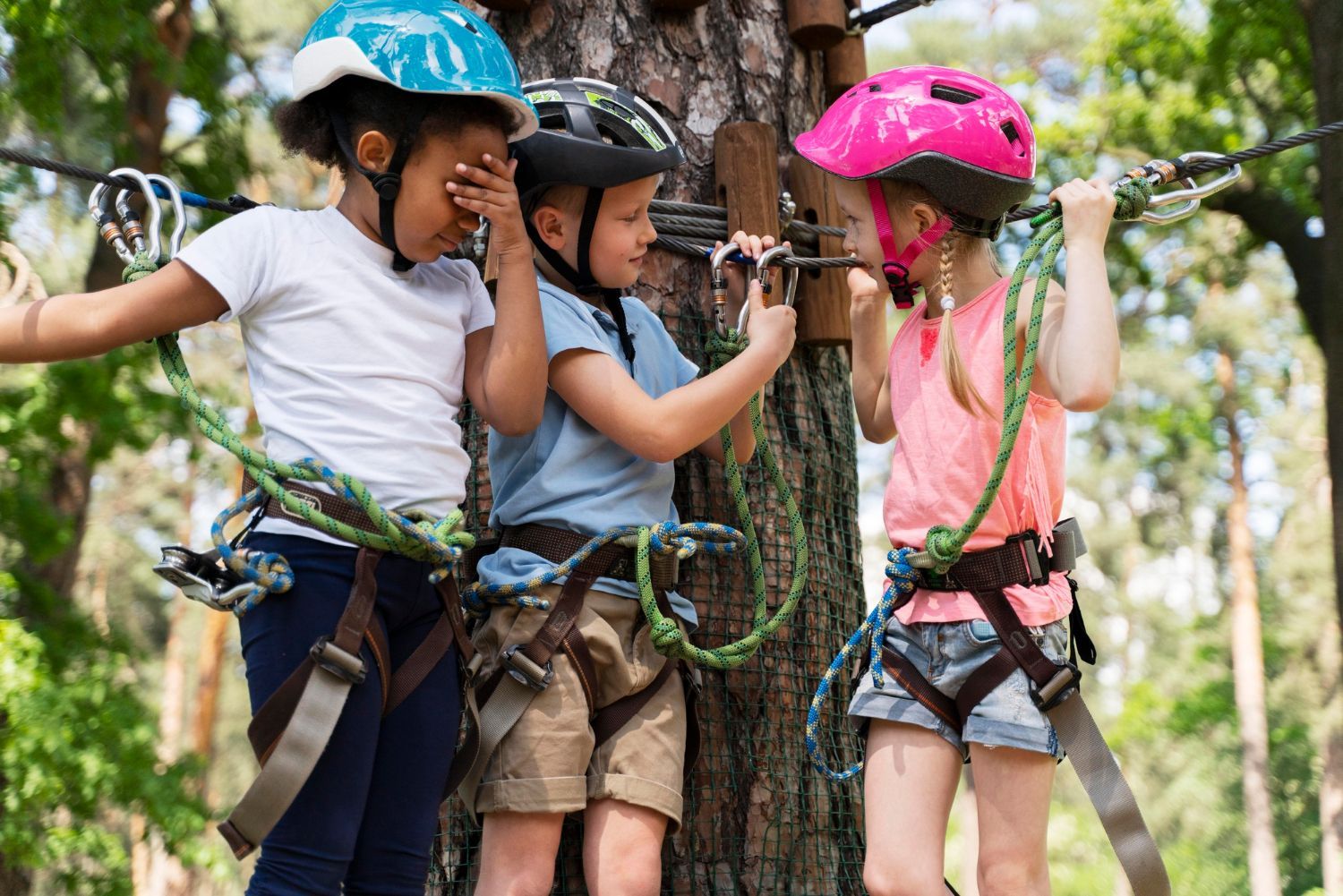Benefits of Montessori Education for Early Childhood Development
The Montessori method of education, named after its founder, Dr. Maria Montessori, has been helping children worldwide reap the benefits of independence, creativity, curiosity, and freedom for over 100 years. As an educational system designed to cater to the unique needs of each child, Montessori-focused institutions like Marlboro Montessori Academy have taken the approach to new heights, implementing the best methods for toddlers, preschoolers, kindergarteners, and elementary students alike. With this in mind, it's crucial to understand the advantages of Montessori education for early childhood development and how it shapes young minds for future success.
A child's first years of life are critical for laying the foundation of cognitive, emotional, social, and physical growth. A holistic, tailored, and hands-on education makes all the difference during these formative years, which is where the Montessori method comes in. Key benefits of this teaching style include encouraging independence, fostering a love for learning, and promoting exploration and self-discovery. These elements not only contribute to cognitive development but also instill values that create successful, well-rounded individuals.
The Montessori approach allows children to foster an innate sense of curiosity by providing a tailored learning environment and individualized lesson plans. This creates the ideal conditions for children to explore at their own pace, absorbing knowledge in a natural and enjoyable manner. Teachers, who Montessori referred to as "directresses," play a vital role in this process. Observing each child, understanding their needs, and guiding them as they learn and grow ensures they remain motivated, engaged, and focused.
Montessori education also promotes independence and self-sufficiency. From simple daily tasks like tying shoelaces to learning how to manage time and resources, Montessori kids build self-esteem and confidence through hands-on activities. This independence fosters a sense of responsibility, ownership, and perseverance, equipping the child with life skills that stretch far beyond the classroom.
Additionally, the Montessori model thrives on the concept of "community" and "cooperation" where children learn to navigate social situations, collaborate with peers, and develop empathy, mindfulness, and problem-solving abilities. This aspect of Montessori education is vital in the digital age, where human interaction and social skills are more important than ever before.
In this article, we will delve deeper into the profound benefits of a Montessori education for early childhood development and how institutions like the Marlboro Montessori Academy have been shaping bright futures for generations.
Unlock your child's full potential by considering a Montessori education to foster their lifelong love for learning, independence, and exploration.
The Power of Individualized Learning
At the heart of Montessori education lies the belief that each child is an individual with unique interests, needs, and passions. Embracing this principle, Montessori schools create customized learning experiences tailored to each student's abilities, strengths, and innate curiosity. This personalization helps children develop vital skills at their own pace, building confidence and a sense of accomplishment.
In the Montessori classroom, students engage with hands-on, self-directed activities specifically designed for their developmental stage. Educational materials and experiences are carefully curated to stimulate curiosity, exploration, and further inquiry. Furthermore, the Montessori approach emphasizes the importance of creating order, either through physical materials like wooden puzzles or intangible ideas like daily routines, ensuring that students feel secure and engaged in their environment.
Developing Critical Thinking and Problem-Solving Skills
The Montessori method nurtures a child's critical thinking and problem-solving abilities by encouraging exploration and investigation. This approach fosters an environment focused on asking questions, reflecting, and analyzing various scenarios to find solutions. The child's natural curiosity and desire to learn serve as the primary drivers behind their learning process.
A Montessori education teaches children to approach challenges with a growth mindset, where failure is simply a stepping stone towards understanding. The emphasis on process over product highlights the idea that learning experiences are more valuable than achieving the "right answer." As a result, young learners develop resilience and determination to overcome obstacles and tackle challenges head-on.
Fostering Creativity and Imagination
Creativity and imagination are integral components of the Montessori method of education. By offering children a wealth of open-ended materials and fostering a rich, sensorial environment, students are encouraged to express themselves through various artistic mediums, such as painting, drawing, music, or storytelling.
In addition to art, Montessori classrooms allow children to explore and experiment in practical life activities like cooking, gardening, and handcrafting. By offering numerous avenues for creative expression, Montessori educators nurture a child's emotional well-being and foster a life-long love of learning that extends outside the confines of traditional academics.
Cultivating Social-Emotional Competence and Collaboration
Apart from cognitive development, Montessori education also puts great emphasis on building social-emotional skills that are crucial for leading a fulfilling, successful life. By creating opportunities for children to collaborate, communicate, and resolve conflicts with peers, Montessori classrooms encourage the development of empathy, mindfulness, and cooperation.
The mixed-age-group classroom setting is a key feature of the Montessori method. This structure allows students to learn from and mentor one another, creating opportunities for leadership and support. As children progress through the program, they develop self-awareness, compassion, and respect for the diverse ideas and perspectives of others.
Montessori educators incorporate lessons on grace and courtesy, teaching children how to navigate various social situations and engage in acts of kindness and respect. Whether it is learning to share resources or offering assistance to a peer, children in Montessori schools gain invaluable insights into building strong, community-focused relationships.
Shaping a Bright Future with Montessori Education
As this article demonstrates, the Montessori method of education is uniquely poised to provide a solid foundation for early childhood development and instill values that go far beyond the classroom. By nurturing a child's natural curiosity and encouraging exploration, the Montessori approach promotes independence, self-esteem, and a life-long love for learning. Meanwhile, a focus on practical life skills and social-emotional development helps to prepare children for academic success and the challenges of the modern world.
Marlboro Montessori Academy is proud to play a pivotal role in shaping young minds and laying a strong foundation for a lifetime of success. By adopting the Montessori method for toddlers, preschool, kindergarten, and elementary students, we strive to offer our students a rich, well-rounded education that fosters knowledge, creativity, and the critical skills needed to navigate the ever-evolving world confidently. By embracing Montessori principles, we remain committed to our mission of cultivating future leaders equipped with the skills, insights, and compassion to make a positive impact on the world. Explore the benefits of a
Montessori education for your child today and unlock their boundless potential for curiosity, learning, and growth.
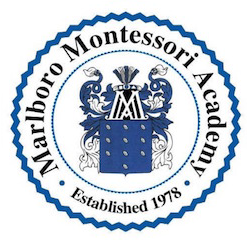
Navigation
Contact Info
Phone Number: 732-946-8887
CAMP: 732-946-2267
Email: admin@marlboromontessoriacademy.com
GPS Address
257 Highway 79
Morganville, NJ 07751
Mailing Address
P.O. Box 272
Wickatunk, NJ 07765
All Rights Reserved
All Rights Reserved | Marlboro Montessori Academy
Marlboro Montessori Academy
